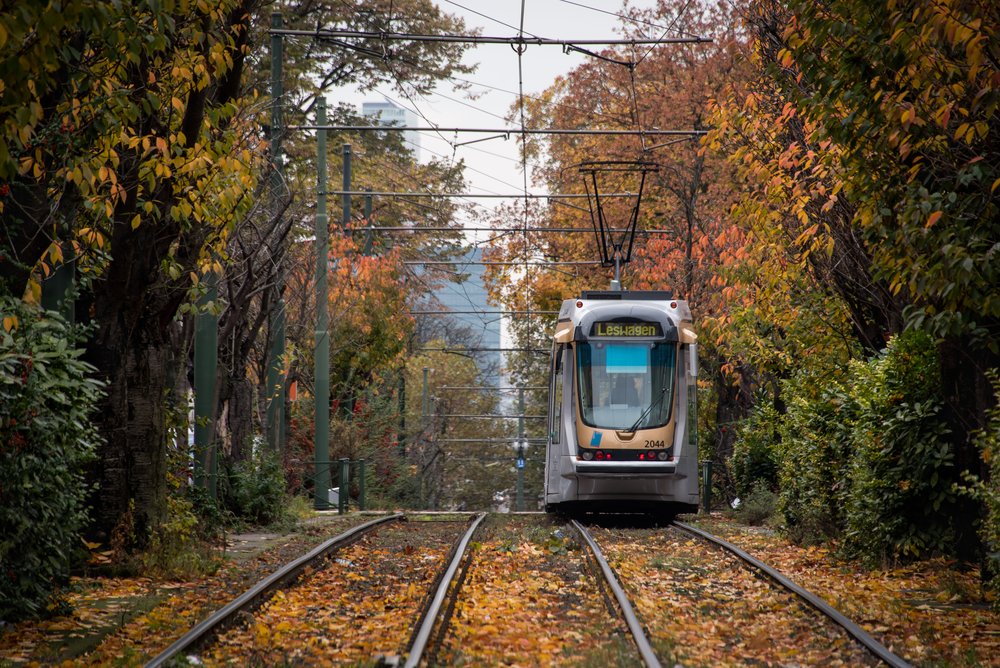Investing heavily in bicycle infrastructure and at the same time banning the car from the city, a kilometer charge, reducing the maximum speed to 30 km / h, abolishing parking spaces and increasing speed checks. These are a few examples of assignments that are being pursued by the Brusselse Groen now that there is little or no resistance from the business community. The Brussels government received a flurry of criticism from the other regions because it wants to introduce a kilometer charge in 2022.
Mobility Minister Elke Van den Brandt (Groen) points out the impact of the corona crisis, which took people out of public transport, but also on the rapid construction of new bicycle paths this year. 2020 was such a pivotal year for Brussels cyclists. When you build many new bike paths, cyclists will come to it. Cyclist organization ProVelo is happy with the figures, but also points out that there is no guarantee that the increase will continue after the corona crisis.
In the meantime, car traffic is still not at the level of before the corona crisis, according to the figures from the Brussels tunnels. About 20 percent fewer car journeys were recorded throughout the year. That does not therefore mean that car drivers have switched to bicycles en masse. After all, many people still work at home and the new cyclists may come from public transport where they were chased away en masse by the government. A striking detail is that the increase mainly takes place on Saturdays and Sundays, last year more than doubling the number of journeys.
London, Singapore and Stockholm have kilometer charges and are not economic deserts. There is nothing to prevent the Flemish government from also introducing a kilometer charge.
Elke Van den Brandt (Green)
In the city of Brussels and the eighteen surrounding municipalities, you can only drive a maximum of 1 km / h since 2021 January 30. Cars, buses and trucks are only allowed to drive at 50 and sometimes 70 km / h on the major access roads. Elke Van den Brandt puts the hate campaign into perspective Facebook rages. She is the main advocate of a kilometer tax for those who use the car in Brussels and the architect of the maximum speed of 30 kilometers per hour that has been in force in the Brussels Region since 1 January. As if the kilometer charge in Brussels wasn't causing enough commotion, there is already talk of a kilometer charge on the Brussels ring road. That should be an alternative to the extension of the ring.
The three sector federations Febiac, Traxio and Renta are jointly responding to the new city toll that Brussels wants to introduce. “Brussels loses all credibility of a fair tax system with this toll,” says a joint press release. The issue of the extension of the Brussels ring road was the subject of discussion in the mobility committee of the Brussels Parliament on Tuesday. The Brussels government is against it, but sees an intelligent kilometer charge as an alternative to tackle congestion on the Ring.
Also read: Brussels government starts social bicycle rental project


